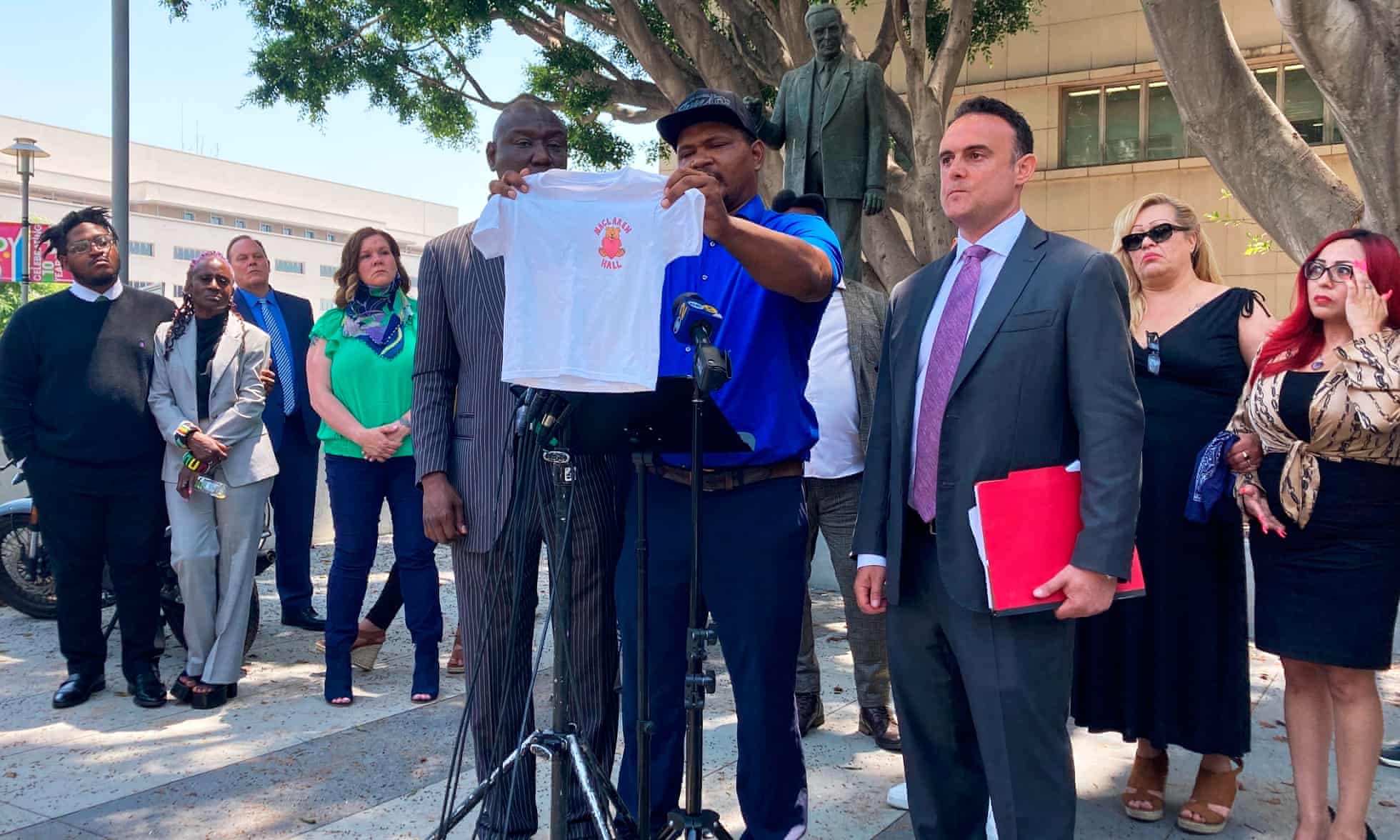 We’ll never know, we’ll never know, we’ll never know. That’s the mocking-bird media refrain this season as we commemorate the 50th anniversary of America’s greatest mystery – the assassination of President John F. Kennedy.
We’ll never know, we’ll never know, we’ll never know. That’s the mocking-bird media refrain this season as we commemorate the 50th anniversary of America’s greatest mystery – the assassination of President John F. Kennedy.
New York Times executive editor Jill Abramson hijacked a large chunk of her paper’s Sunday Book Review to ponder the Kennedy mystery. And after deliberating for page after page on the subject, she could only conclude that there was some “kind of void” at the center of the Kennedy story. Adam Gopnik was even more vaporous in the Nov. 4 issue of the New Yorker, turning the JFK milestone into an occasion for a windy cogitation on regicide as cultural phenomenon.
Of course, constantly proclaiming “we’ll never know” has become a self-fulfilling prophecy for the American press. It lets the watchdogs off the hook, and excuses their unforgivable failure to actually, you know, investigate the epic crime. When it comes to this deeply troubling American trauma, the highly refined writers of the New Yorker and the elite press would rather muse about the meta-issues than get at the meat.
All this artful dodging about the murder of President Kennedy began, of course, nearly 50 years ago with the Warren Commission, the blue-ribbon panel that was appointed by President Lyndon Johnson — not to get at the truth, but to “lay the dust” (in the words of one commissioner) on all the disturbing rumors that were swirling around the bloody events in Dallas. Two new books take us inside the Warren Commission sausage factory, and show in often shocking detail how the august panel got it so terribly wrong.





 Ukraine's President Volodymyr Zelenskiy confirmed for the first time on Monday that Ukrainian troops have been...
Ukraine's President Volodymyr Zelenskiy confirmed for the first time on Monday that Ukrainian troops have been... Los Angeles county has reached a $4bn agreement to settle nearly 7,000 claims of sexual abuse...
Los Angeles county has reached a $4bn agreement to settle nearly 7,000 claims of sexual abuse...






























